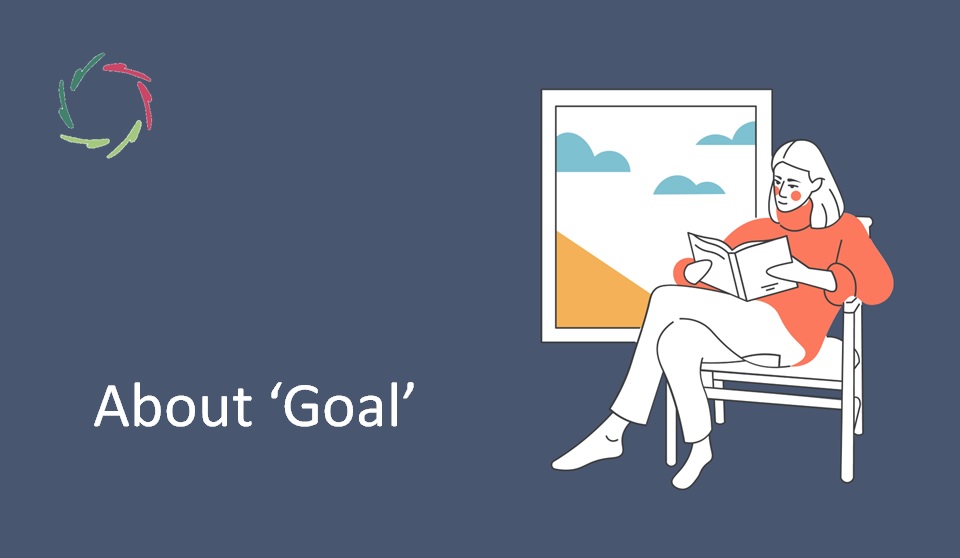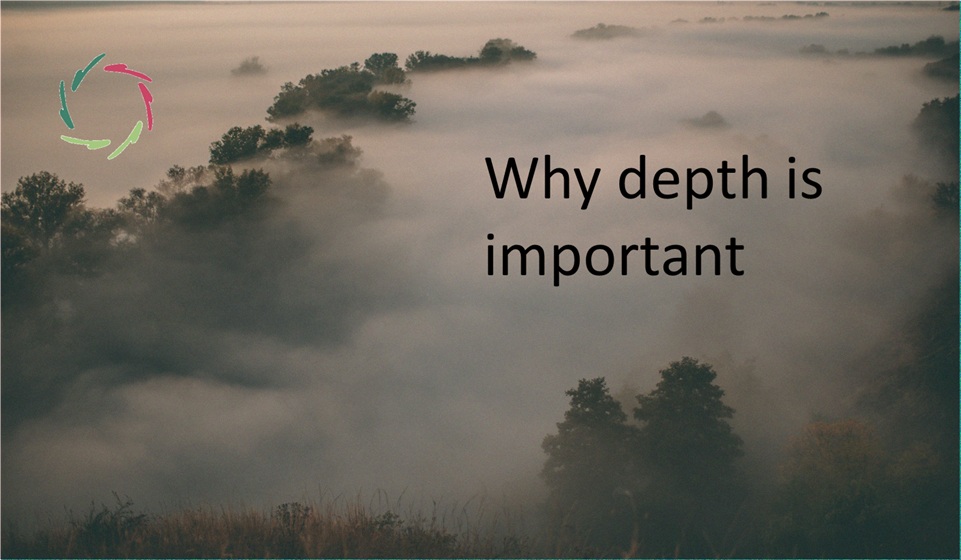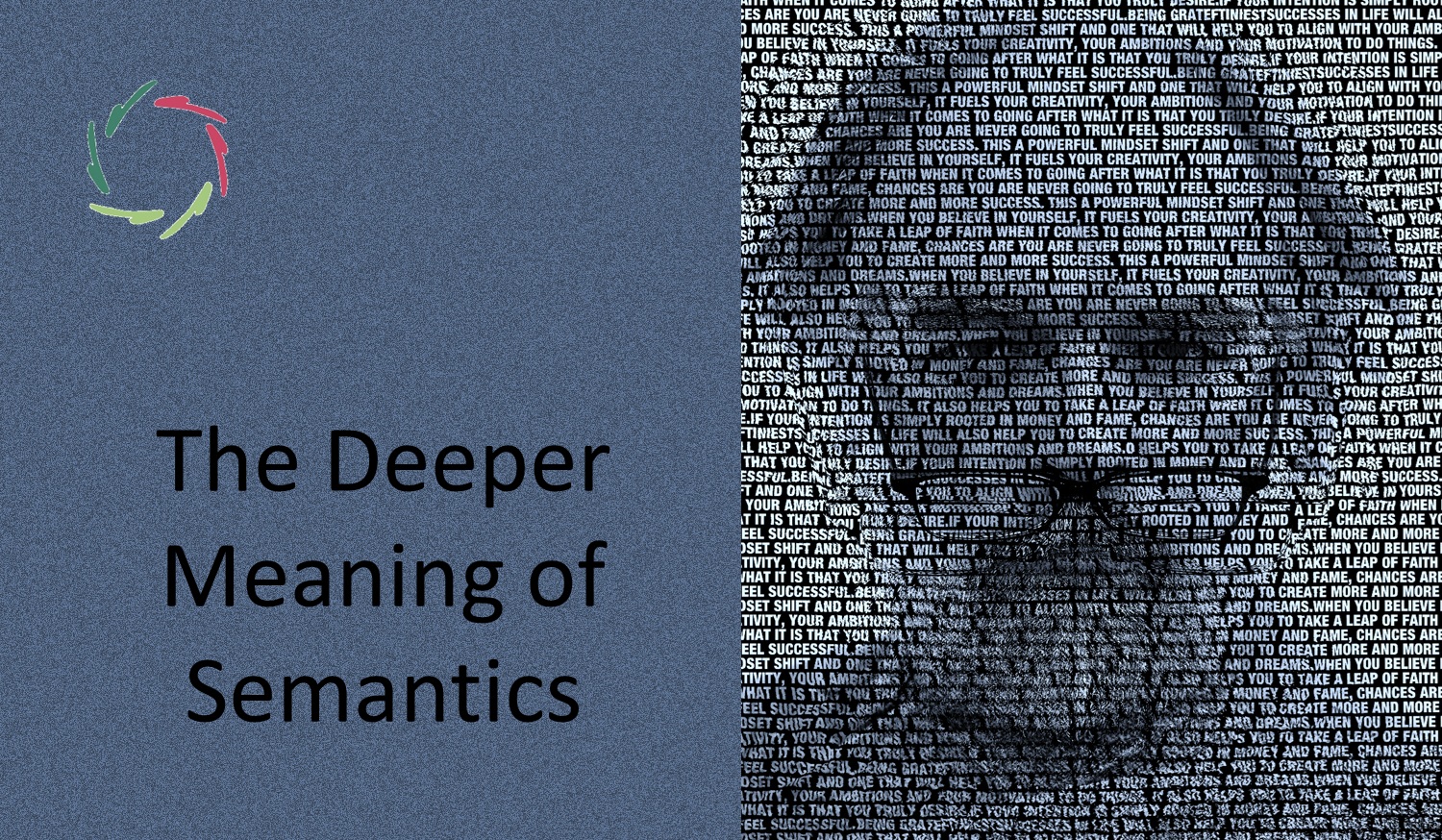About ‘Goal’

Having a goal is about intentionality, purpose, free will, and, eventually, consciousness. A meaningful goal is one of the most important assets of any living organism.
One can talk of an instrument‘s goal.
The goal of the hammer is to get the nail into the wood. But this goal-talk is only metaphorically speaking. The instrument has a function. The human user has a goal and uses the instrument in function of the goal.
We can talk directly of ‘goal’ from the moment an intentional agent is involved. For instance, a bacterium has the goal of thriving and surviving. Having a goal coincides with the birth of life, billions of years ago. With time, this kept evolutionarily evolving and eventually turned into conscious intentionality.
On Earth, and perhaps in the whole universe, having a goal equals being alive.
A hammer is not alive.
Does a computer program have a goal? Nope. We can talk about the goal of an app on a smartphone, but it’s still metaphorically speaking. Only living beings have goals.
Life is a wonderful thing.
Indeed, even if it’s not a miracle. For a long time, it was thought that ‘life’ would always remain a complete mystery. ‘Élan vital’ – the name sometimes given to this mystery – was supposed to be forever unreachable.
However, a few years ago, life was concocted in a lab (Craig Venter Institute in San Diego) by putting the right products together in the right environment. Meanwhile, this new life has been shown to also normally and uniformly grow and divide. Thus, the grand mystery of life has been solved in a primitive way.
Does this new life have the goals of our bacterium mentioned above? Yes. So, the very first artificial goal on Earth was also created in that lab.
Goals are crucial for life. No wonder goals are also crucial for well-being and health.
Without a profound goal, a human being has nothing.
Think about it: Without a meaningful goal, why would you have anything? OK, money on a bank account ― but why? Without the why, honestly, it could as well not be there.
Or: you yourself could as well not be here. A depressive person can tell you this firsthand. If the why has gone, life turns into a meaningless void. I’ve gone further into this in my book Depression Relief.
Without deep purpose (having a profound goal), there is no life either in body or mind. Thus, a purposeless life also significantly heightens the chances of dementia. That should be no surprise, yet modern Western medicine keeps searching for the healing molecule ― not the level of purpose.
In AURELIS coaching
A central part of AURELIS coaching is finding the true goal of the client/user. For instance, is it only the diminishment of chronic pain (as in ‘painkiller’), or does the true goal – discernible mainly after some thinking and feeling – lie deeper? Might it be an effective communication within oneself – if ready for it as a person – to the level where the pain message somehow originates? Might it be a Compassionate invitation toward oneself to change at one’s own pace, reaching a state where the pain durably (!) diminishes because there is no deeper reason for it anymore?
The centrality of goal is also why it is part of the G.I.M.O. toward the end of any AURELIS coaching. It’s much more than just part of the coaching session’s summary.
Living one’s true goal is effectively central to diminishing suffering while heightening personal growth.
This way, it is also intrinsic to Compassion, basically.


